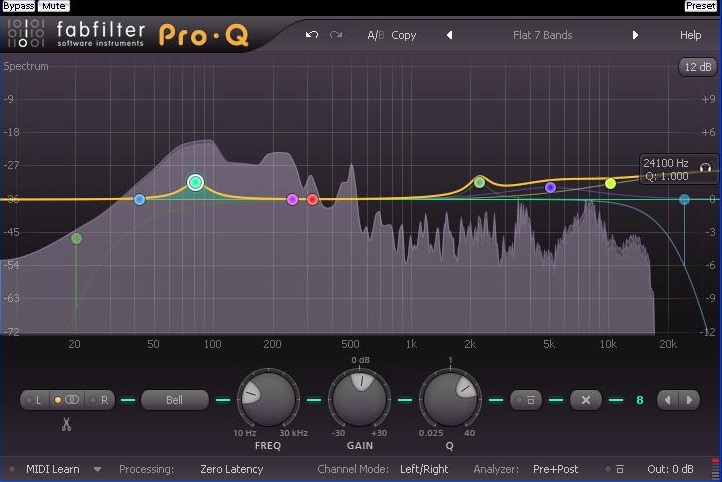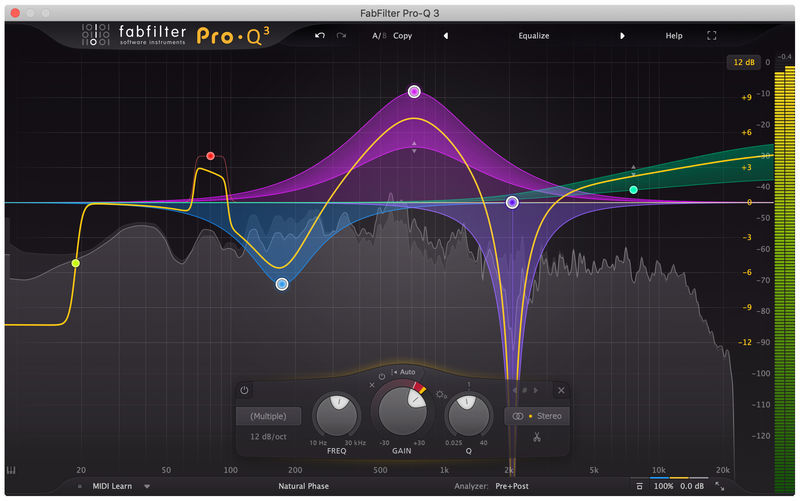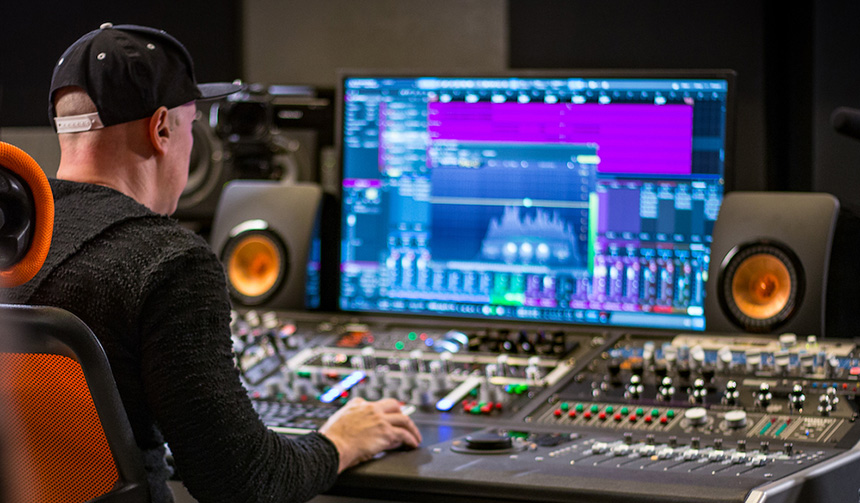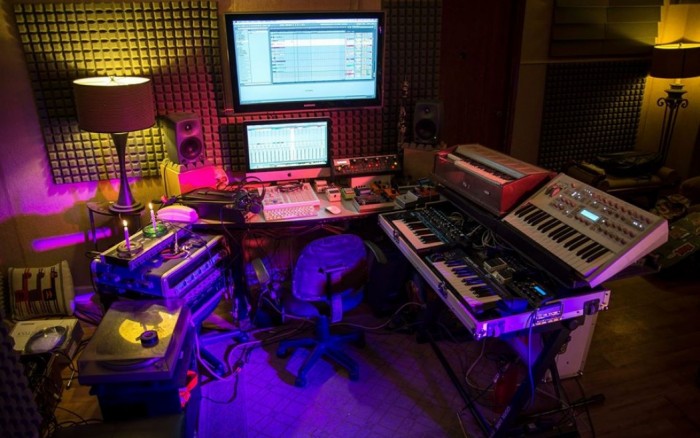Music must be understood down to the smallest detail, it is all about passion and requires millimetric precision. That’s why I thought that the best way to define music production for you is to analyse one of its most essential/fundamental components from a somewhat peculiar approach, why not say it, but that way it is more entertaining than explaining how a bass drum behaves in the frequency spectrum. A good metaphor I came up with to portray the importance of a good kick drum sound that turns a normal song into a killer track that drives you crazy was to define each part of its frequencies as a series of fundamental factors in making you totally fall in love with its sound.
Music must be understood down to the smallest detail, it is all about passion and requires millimetric precision. If we think of the two main ways of looking at a bass drum, we have respectively frequencies and time.

In order to understand each part of the bass drum sound we should start with:
Subwoofer (20-60 Hz)
This is the part where you just feel. Everything rumbles in your chest and you feel your stomach vibrating at the concerts, I’m sure you’re familiar with it. It’s the most serious part, you don’t identify it, you don’t hear it, you don’t know why it’s there but it’s there and it makes you have butterflies in your stomach, you could say that you’re already starting to fall in love with the bass drum ;P
Bass (60-200 Hz)
The most “superficial” part of the bass drum: it is the part that catches your attention, that attracts you. When you hear it you say: “that’s great”, but you recognise that your assessment is superficial and vain, it’s as if the sound attracts you physically. You recognise the sound aurally, and it sounds fat, it makes you want to listen to it over and over again at all times…
Mid-bass (200-500 Hz)
It’s the fuzziest part, you get lost in the overall beauty of the kick drum because of this part, it’s like the pre-declaration binge: you hear the song for the first time and when you perceive this point of the frequencies you think: “oh my god, I’m going to get home, I’m going to download the track and I’m going to listen to it for better or worse, for richer or poorer… ;P actually this part of the frequencies for the general mix of your track is fuzzy, you have to clear it well and clean up the frequencies so that the most interesting ones stand out, usually the bass drum and bass guitar bass, which share that little niche of frequencies and it is also an aspect to control.
Midrange (500-4000 Hz)
These are the imperfections that obsess you and make you fall even more in love with the sound of the bass drum. Often here we find what is called the cardboard, an unsightly area that sounds like noise and you have to try to make it stand out as little as possible in the overall mix, but at the same time it has to have a minimum presence as the sound gets longer in time to ensure what is known as the body of the bass drum (that little serrano body that it has ;P).
Treble (4000-10000 Hz)
This is where you start to recognise the “face” of the sound. If in the sub-bass you felt the aroma of the bass drum, here you hear it, you recognise it completely. It’s the punch of the bass drum. It gives it an unmistakable personality. It’s like the peculiarity of a face that attracts: the freckles, the colour of the eyes… a detail that counts more than it seems. In the case of the sound, this part is what gives drive to the kick drum: if you have a powerful kick drum but you cut the treble on the punchy part, you’re left with a kind of weird bass, which is often not convenient, so that part has to be kept and often emphasised.
Over-treble (10000-20000 Hz)
Also called air, this part is the one that makes you sigh and… nah, too much metaphor: this part, like the previous one, brings clarity and definition at a super fine level of perception, but it is normally dispensable, because in your mix there will be other high frequencies at the same time and it is not convenient to abuse them, because if there are too many the track will sound like a tin can ?
And these are all the parts that, with more or less awareness of your infatuation, drive you crazy in the sound of a bass drum. Imagine the number of aspects that have to be taken into account to make a good musical production sound complete and perfect!
When we make a base or instrumental music for singers, artists, studios or media, percussion is half the job, and especially in electronic music, when you get a bass and a kick drum to sound strong, present and hypnotic, you have 50% of the job done: everything else is anecdotal compared to the percussion (vocals and melodic lead sounds are also very important, but they will be useless without a good bass and especially without a good kick drum, which by the way have to sound as one).
You can also choose to study Music Production to make good mixes and masters: here is an essential one in which you will learn everything you need to take your music to another level!
Remember that you can buy rap, drill, trap, reggaeton, r&b, pop, dembow beats! A la carte.






